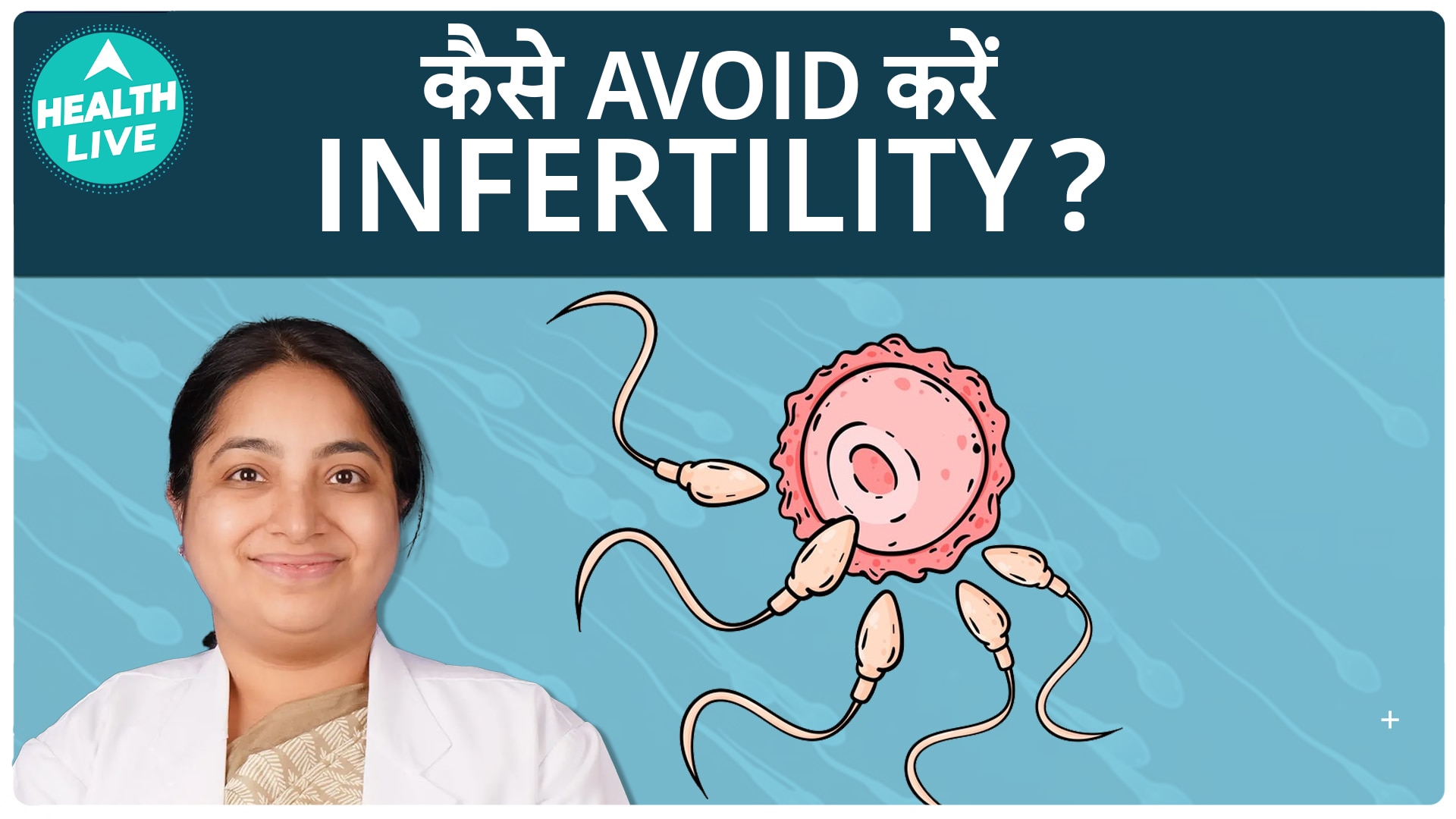Before delving into the causes and remedies for infertility, it is crucial to understand that infertility is not a curse, fault, or deficiency. The term "deficiency" in the context of infertility has historically caused significant social harm. Infertility should be viewed similarly to other physical health issues, such as liver or kidney diseases, or broken limbs—conditions that can be treated or managed with appropriate medical intervention.
Infertility, like any other medical condition, is a physical issue that can be addressed through various treatments. It is essential to approach infertility with the same medical perspective as other health problems, focusing on diagnosis, treatment options, and support rather than attributing personal blame or stigma. There are numerous factors that can contribute to infertility, including hormonal imbalances, structural issues with the reproductive organs, lifestyle factors, and underlying health conditions.

Understanding these causes is the first step toward effective treatment. Treatment options for infertility vary depending on the underlying causes and may include medical therapies, surgical interventions, lifestyle changes, and assisted reproductive technologies such as in vitro fertilization (IVF). Additionally, there are alternative options for those for whom conventional treatments may not be successful.
It is important to seek professional medical advice and support when dealing with infertility. Medical professionals can provide accurate diagnoses, discuss potential treatments, and offer guidance on managing emotional and psychological aspects of infertility. By shifting the perspective on infertility from a personal flaw to a manageable medical condition, individuals and couples can approach the issue with hope and confidence in the available treatments and support systems.
.



















